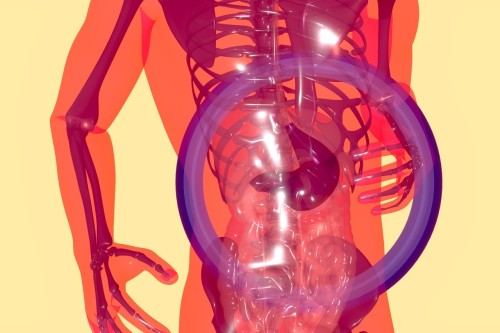The Gut Microbiome and Cardiovascular Disease

posted 29th February 2024

Earlier this month, the “Nutritional Therapy for Heart Health” article examined some of the root causes of cardiovascular disease. You can read about this here Nutritional Therapy for Heart Health. One of these root causes was the role played by the gut microbiome and this article will take this one step further and question what the link is between the gut and heart disease.
The latest scientific research from a study published in 2023, suggests a link between certain bacteria living in the gut (measured via a stool sample) and the hardening of arteries within the body. Some of these bacteria identified, such as streptococci are also commonly found in the mouth suggesting these are easily transmitted to the gut and confirming a strong link between the gut and oral microbiomes.
Other studies have found a strong correlation between certain families of gut bacteria and both positive and negative effects on cardiovascular health. Links to weight and BMI were found through the identification of specific gut bacteria and these links were independent of genetics, age and gender.
In an animal study, gut microbiota from lean mice were transferred to obese mice with metabolic syndrome. Blood markers in the obese mice, including high blood fats and blood sugars often linked to heart disease, showed improvement after the changes to their microbiome.
So what does all this mean in practice? The most important point is that the gut microbiome rapidly changes in response to diet, making nutrition a very crucial part of the microbiome-cardiovascular equation. A diet rich in phytonutrients and plant based fibres can significantly increase gut microbiome diversity and impact sugar and fat metabolism.
Significantly increasing your vegetable intake is the best way to add these important fibres and nutrients into your diet. Aim for different colours and varieties of vegetables including ones you may not have tried before. Remember that herbs and spices carry their own unique profiles for added benefit. Consider trying vegetarian sources of protein such as beans, legumes and pulses as a swop for meat and add in lots of nuts and seeds to provide some healthy fats as well as fibre.
Medicinal Eating Nutritional Therapy can provide support in helping you make some of these healthy changes and give your gut microbiome the food it needs to grow and thrive. And even better… your heart will thank you for it!
For further information, please contact Medicinal Eating or email Janine at info@medicinaleating.co.uk.


